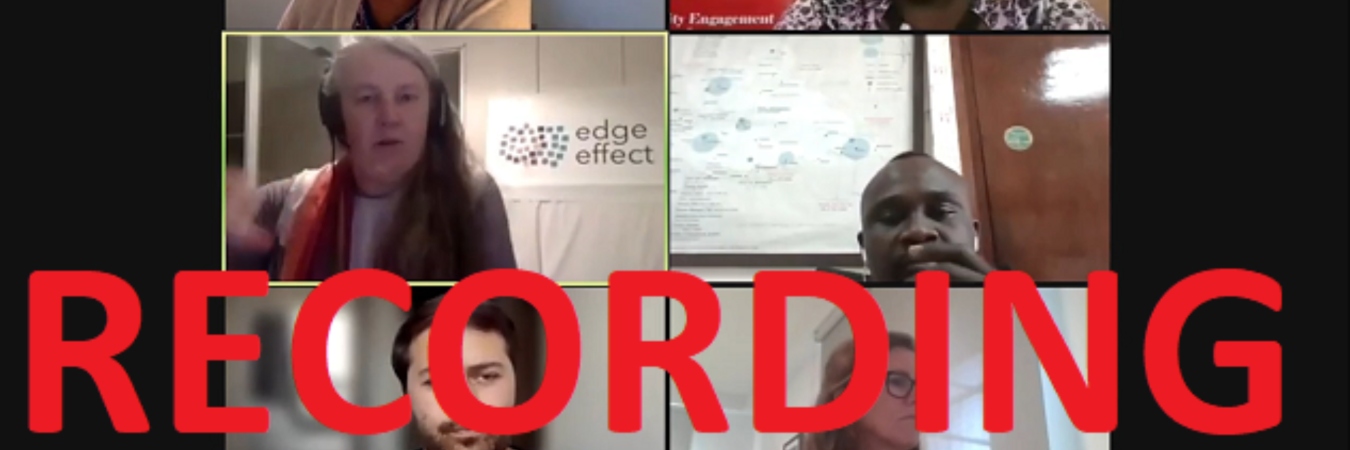
Recording Available for Accountability and inclusion in the COVID-19 response webinar
Access audio and video recordings of the third session of the PHAP and the IASC Results Group on Accountability & Inclusion webinar series on ‘Accountability and Inclusion.’
On 2 November, PHAP and the IASC Results Group on Accountability & Inclusion organized the third session of the event series touching on different aspects of accountability and inclusion, bringing together global and local perspectives. This webinar explored lessons around Risk Communication and Community Engagement (RCCE) from the COVID-19 response and decades of practical experiences around accountability in the humanitarian sector and how they can inform future health and non-health emergencies.
Franklin Moliba-Sese, AAP Collective Service Coordinator in the Central African Republic, shared some key points on messaging regarding the COVID-19 response. He emphasized conveying messages that validated emotions around the pandemic while putting particular focus on compassion. Frances Amulen, CEA Focal Person with the Uganda Red Cross Society, provided a brief overview of steps taken by her team in the COVID response working with the Ministry of Health, starting with early detection, tracing to treatment, and isolation.
The Co-Director of Edge Effect, Emily Dwyer, shared some critical points on LGBTQ+ inclusion in COVID response within the humanitarian sector. She emphasized the inclusion of all people and the importance of moving beyond rhetoric to improve reality on the ground for the LGBTQ+ community.
John Warnes, Innovation Officer for Digital Inclusion with UNHCR Innovation, spoke on digital solutions for accessibility of digital communications related to the COVID response. He highlighted that there had been a shift in some respects regarding the appreciation and investment into digital communication by states. There is more cognizance of inclusion of people with disabilities and improved approaches for how NGOs communicate with communities such as call centers and social media.
Speaking about low vaccine uptake where communities have been skeptical, Amaya Gillespie, RCCE COVID-19 Coordinator in the MENA Region, highlighted that organizations have been facing both supply-related challenges and historical issues related to trust. She focused on the need to normalize vaccine uptake in the community by providing a choice of vaccines and providing examples of influential people taking the vaccine.
If you missed this event, you can now access the video and audio podcast version recordings, event poll results, and recommended resources from the session on the event page. This webinar followed the first two events in the series, which explored making collective accountability to affected populations a reality and navigating guidance on accountability and inclusion.
Learn more about the rest of the series and watch the event recordings by visiting the event series page.
Access the recordings